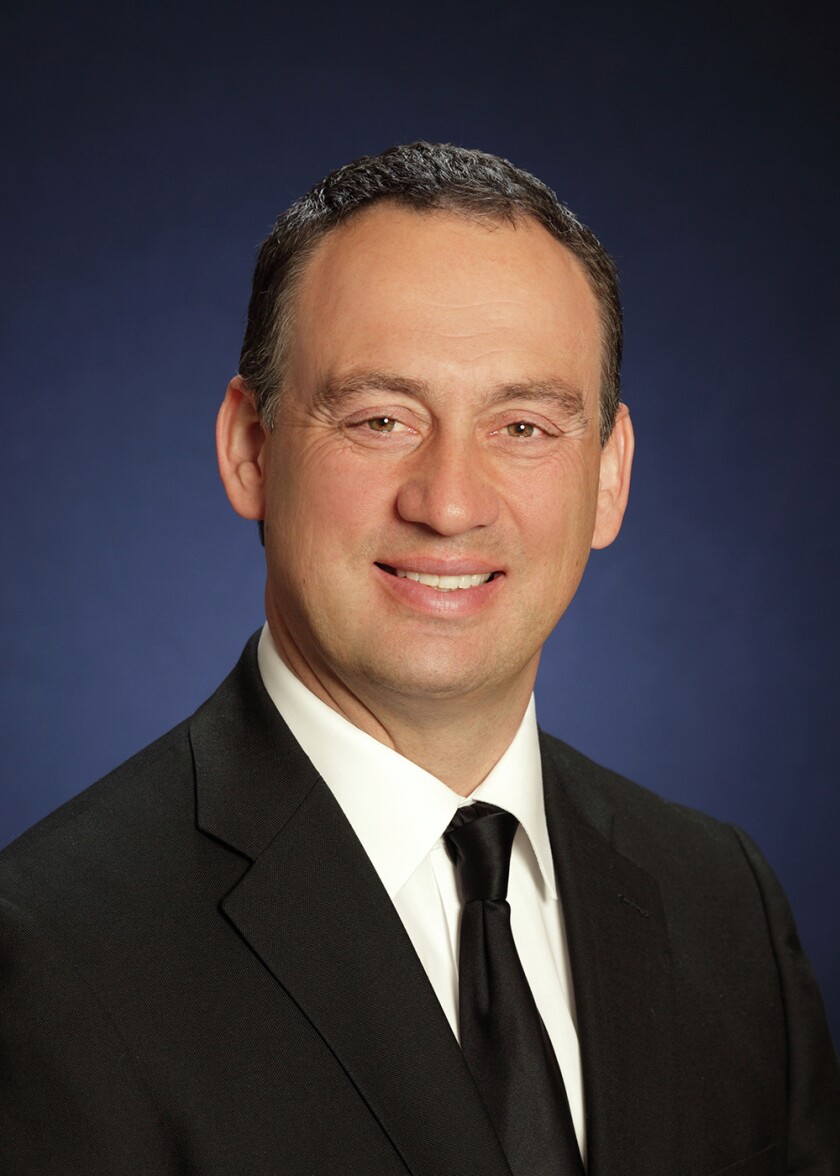As a farmer who also practices law, I was delighted to see a story recently on areavoices.com about ditch mowing. Yes, ditch mowing. In my former career as a state's attorney, one of my favorite duties was serving as counsel for the County Weed Board, and I still follow legislation and/or current events pertaining to the topic. To me, county weed boards are an ongoing example of why local government efforts are typically the most efficient expenditure of taxpayer resources.
Did you know that North Dakota law provides for a weed board for each county in the state? Pursuant to NDCC 4.1-47-06, each board of county commissioners is required to "establish contiguous county weed board member areas" or "determine that county weed boards must be appointed at large." Then, the board of county commissioners is required to appoint a county weed board consisting of three, five or seven members. These weed board commissioners serve four-year terms, which are staggered so that - by law - no more than two expire each year.
County weed boards are considered so important under our statutory scheme that North Dakota law also states "the board of county commissioners shall remove a member of the county weed board for repeated unexcused failures to attend meetings, for refusal to act as a board member, or for incapacity." Board members are meagerly compensated. They don't do the job to get rich.
Why do we need a weed board? The obvious answer is that noxious weeds must be controlled in any agricultural state. I remember the days of riding around in a pickup with my dad, spot spraying leafy spurge with Tordon pellets, which were actual pellets you placed on the ground and then sprinkled with water. They killed the leafy spurge. And they also killed the grass, or anything else that was growing there. After a brief period of "soil sterilization," grass would eventually take root again on the spot.
County weed boards have statutory authority to enforce their actions. If a noxious weed is growing, then the county weed board can take action. The typical first action is to notify the landowner and request that they control the noxious weed. Failing that, the county weed board has the authority to send in the county weed control officer to enter upon land to control the noxious weeds. Additionally, pursuant to NDCC 4.1-47-12, they may do so without the consent of the landowner and without being subject to any action for trespass or damages.
ADVERTISEMENT
The county weed board also has authority to make the landowner pay for the above mentioned "weed intervention." And if they landowner refuses to pay for the work done, then the county weed board has the statutory authority to attach the bill to the landowner's property taxes.
But in North Dakota, several weed boards have taken on new roles over the years. One of those roles is a county-enforced "ditch mowing" program. Per North Dakota law, ditches must be mowed in the fall in order to control weeds, and also to provide safe county and township roads where excess snow doesn't create safety problems over the winter.
Many counties have ordinances requiring such a mowing in the middle of summer, as well, in order to better control weeds, in addition to keep roads safe from deer and other critters that tend to leap out of tall grass and into the path of oncoming vehicles. These programs generally work quite well, because they are locally controlled and because local government tends to be more responsive than higher levels of government.
The area voices article I refer to pertains to the problems the state of Minnesota is having regarding ditch mowing. The link is capitolchat.areavoices.com/2018/03/12/ditch-mowing-debate-could-stretch-into-2019. As you read it, say a prayer of thanks for local control of your roads and ditches. Sometimes government efforts at the higher level become exercises in futility, especially for the taxpayer.






